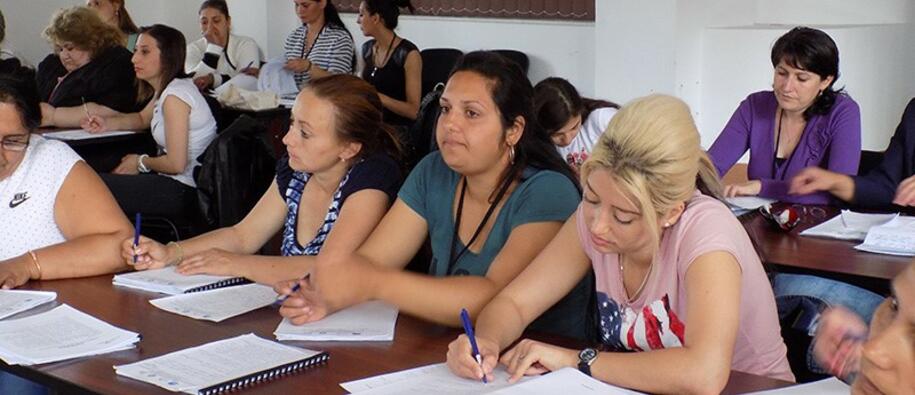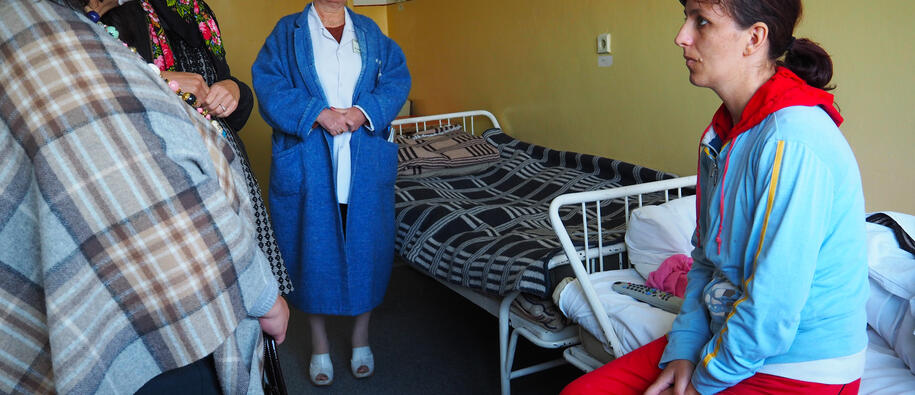Currently available funding
There are currently no calls for proposal.
Programme Summary
Why is the programme needed? Romania still faces substantive disparities between high and low income groups in terms of access to health services. Life expectancy at birth is five years below the EU average, and maternal and infant mortality is among the EU’s highest, with high mortality rates more concentrated in low-income rural areas. Romania has challenges in health common to all developed countries such as high mortality by diabetes, cardiovascular diseases and cancer; simultaneously Romania has the highest incidence of preventable infectious disease such as Tuberculosis (TB) and Multi Drug Resistant Tuberculosis (MDR-TB) in the EU, whilst the Hepatitis B incidence is twice the EU average.What will the programme achieve and who are the beneficiaries? The Programme addresses the most important threats in terms of infectious diseases in Romania with a focus on MDR-TB, AIDS/HIV and Hepatitis B and C. Particularly vulnerable groups such as Roma are a main priority, by seeking to increase their basic access to primary care / community care services. Improved preventive and health information measures through health risk assessment and guidelines for primary care professionals as well as for kindergartens and schools are also among the programme’s priorities. Vulnerable groups such as children, adolescents, Roma, people with HIV/AIDS, Hepatitis B and C or MDR-TB represent the main target groups. Health-care and educational staff including Roma health mediators will also benefit from capacity-building measures under the programme.How will it be achieved? The programme consists of four pre-defined projects that will deliver results relating to: • 1000 MDR-TB patients being treated; • 10,000 tuberculosis infected persons being identified and reached through integrated community support interventions to prevent the disease spreading and enhance adherence to treatment; • 8 targeted interventions on reducing HIV, HVB, HVC infections among Injecting Drugs Users (IDUs) reaching 35,000 persons; • 45 community care centre networks providing services to vulnerable communities established; • 20,000 children and adolescents benefitting from healthy nutrition and physical activity lifestyle campaigns.How will bilateral relations be strengthened? Bilateral relations are supported through a fund of €153,915 which provides assistance for partnership events and activities through encouraging networking and sharing of knowledge and best practice. A fund for complimentary action will also stimulate the exchange of experience and best practice among Beneficiary States.Who can apply for funding under this programme? There are no calls for proposal under the programme.What are the partnership opportunities? Partnership opportunities are to be found in networking and knowledge sharing events such as conferences, workshops and exchange visits. Cooperation with Donor entities at project level is also encouraged in the four pre-defined projects.

